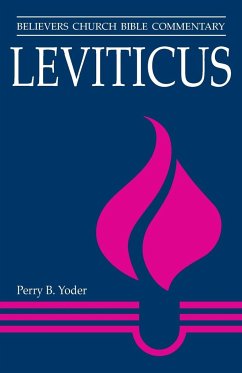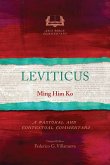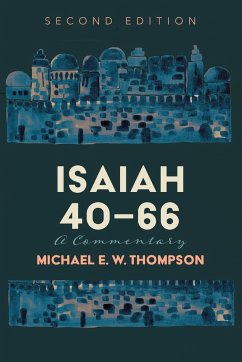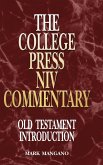God is gracious, holy, and present. As a book about how to worship and how to live, Leviticus unfurls these critical characteristics of God in relation to humanity. In the thirty-third volume in the Believers Church Bible Commentary series, Old Testament scholar Perry B. Yoder argues that the oft-neglected book of Leviticus discloses valuable truths, symbols, and practices of the New Testament. By learning to interpret the ritual texts of Leviticus and its role in the faith of the Hebrew people, contemporary readers bring themselves into an ancient conversation about the purity and grace of God and about the obedience, sanctification, and deliverance of God's people. Traversing difficult interpretive territory such as the sacrificial system, purity laws, and priestly instructions, Yoder writes with a clarity and nuance that will interest a wide swath of readers. God's covenant endures despite humans' inability to hold up their end of the bargain, Yoder writes, and eloquently poses for readers the focal question of Leviticus: how to live in the presence of God.
Hinweis: Dieser Artikel kann nur an eine deutsche Lieferadresse ausgeliefert werden.
Hinweis: Dieser Artikel kann nur an eine deutsche Lieferadresse ausgeliefert werden.








